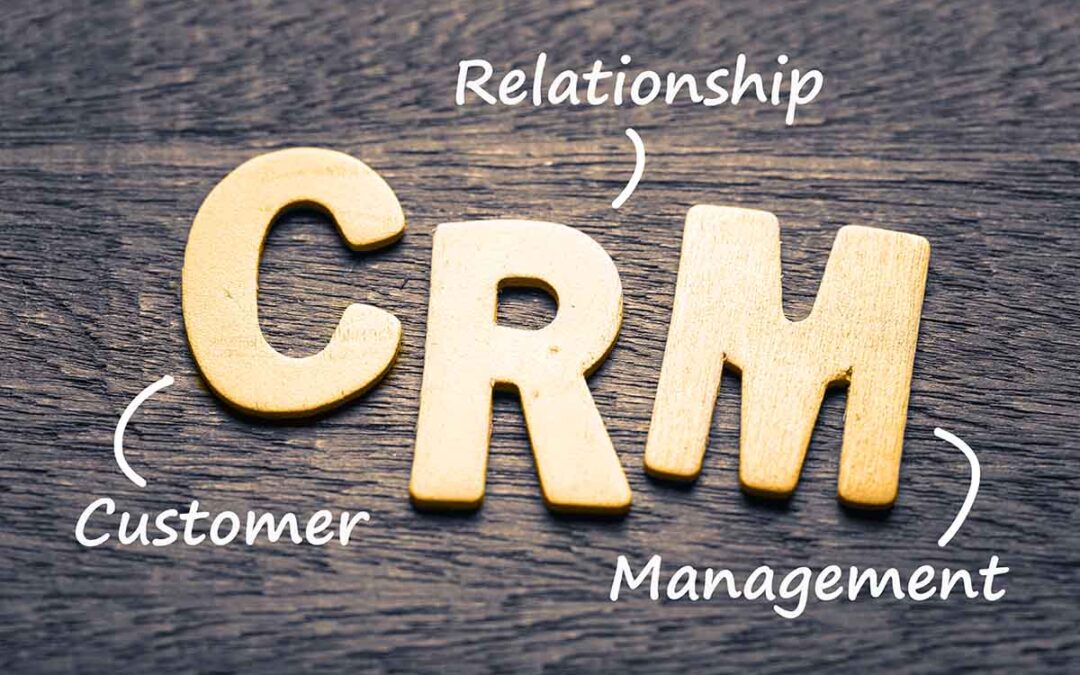Customer Relationship Management (CRM) has evolved beyond merely managing customer interactions in the dynamic business world. In 2024, CRM embodies the art of building and nurturing lasting relationships with customers, turning every interaction into an opportunity for growth and loyalty. This article delves into how modern CRM practices are not just about managing customers but are crucial in fostering enduring relationships.
The Evolution of CRM:
CRM systems have traditionally been considered tools for managing sales, customer information, and communication. However, as the business landscape has become more customer-centric, the role of CRM has significantly expanded. Today, it’s a strategic approach that involves understanding customer needs, personalizing experiences, and building lasting connections.
Key Elements of Relationship-Building in CRM:
1. Personalization at Scale:
Modern CRM technologies allow businesses to personalize interactions at scale. By leveraging data analytics, companies can gain insights into customer preferences, behavior, and history, enabling them to tailor their approach to each individual, making customers feel valued and understood.
2. Consistent and Relevant Communication:
CRM systems enable businesses to maintain consistent and relevant communication with their customers. Effective communication is vital to building trust and rapport through personalized emails, targeted social media content, or timely customer service.
3. Proactive Engagement and Feedback:
Proactive engagement through CRM involves anticipating and addressing customer needs before they arise. Additionally, actively seeking and acting on customer feedback demonstrates a commitment to continuous improvement and customer satisfaction.
4. Seamless Omnichannel Experience:
An effective CRM strategy ensures a seamless experience across all channels, whether the customer interacts with your brand online, in-store, or through customer service. Omnichannel CRM creates a cohesive customer journey, enhancing satisfaction and loyalty.
5. Customer Empowerment:
Modern CRM is about empowering customers. This includes providing tools and resources to manage their interaction with your brand, like self-service portals, comprehensive FAQs, and customer forums.
6. Building a Community:
Beyond individual relationships, CRM can be used to build a community around your brand. Engaging with customers through events, loyalty programs, and online communities fosters a sense of belonging and loyalty.
Implementing a Relationship-Focused CRM Strategy:
- Utilize Data Wisely: Use customer data to gain insights and personalize experiences, but always with a focus on privacy and trust.
- Invest in Training: Ensure your team understands the importance of CRM in building relationships and is well-trained in using CRM tools effectively.
- Feedback Loop: Implement a robust system for collecting and acting on customer feedback.
- Integrate and Innovate: Regularly update your CRM system to integrate new technologies and approaches that can enhance customer relationships.
CRM in 2024 is not just a business tool; it’s a strategic approach centered on building and nurturing lasting customer relationships. By personalizing interactions, communicating effectively, engaging proactively, and creating a seamless omnichannel experience, businesses can use CRM to transform customer management into customer connection, driving loyalty and growth.































